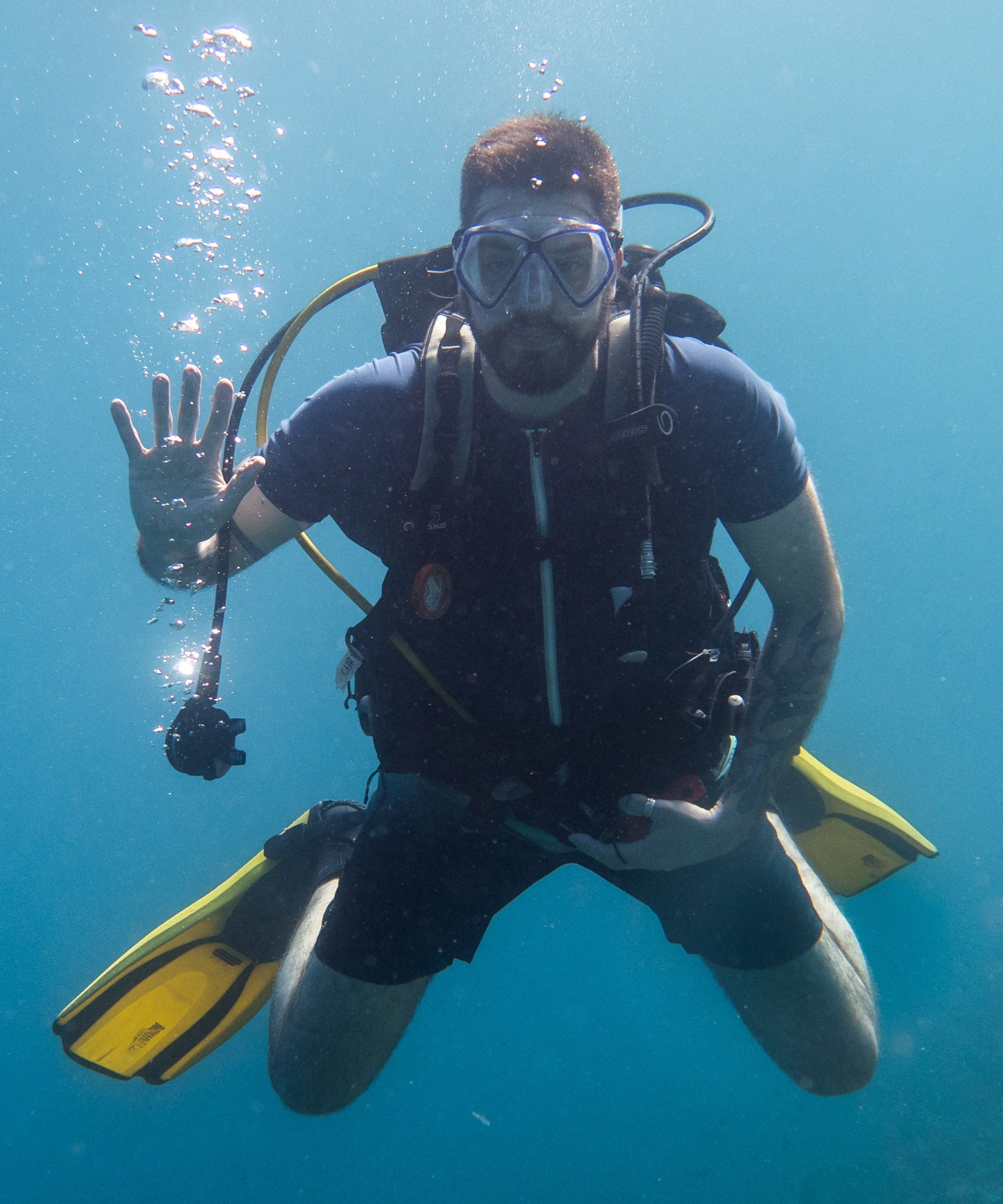KINGSTON, R.I. – July 14, 2021 – University of Rhode Island Professor Christopher Lane has been awarded a Fulbright Fellowship to spend six months at the University of Paris-Saclay in France to conduct research on the evolution of parasitism in marine organisms.
Lane is one of three URI professors to be awarded a Fulbright fellowship this year.
A professor of biological sciences, he chose to spend his sabbatical at the University of Paris because he has several research collaborations with scientists there, and it will provide him with access to state-of-the-art scientific instruments that will advance his research objectives.
“I’ve worked on the evolution of parasitism in seaweeds before, but this project is actually the reverse of that – an organism that has gone from being a parasite to being a mutualist that lives within an organism without hurting it, which is pretty rare in nature,” Lane said. “It’s in a group of more than 6,000 parasites, and this one has figured out how to move away from being a parasite.”
Beginning in September, Lane will spend his time in France collecting the approximately 20 species of closely-related parasites that live together inside sea squirts in the intertidal zone. Using a connected series of instruments for selecting single-celled organisms and extracting their DNA, he will then isolate each species to learn how they interact with each other.
“By the time I return to Rhode Island, I should have a much better understanding of how this community of organisms works as a whole, based on understanding what the individuals are doing,” said Lane. “They all have to work together because none of them produce all of the metabolites that an organism needs to live by itself.”
This work is expected to lead to several research papers and new grant proposals for further research.
“Symbioses are very common in nature, allowing organisms to live where they previously could not,” Lane said. “In this case, these organisms have changed lifestyles by working together. By understanding how symbioses allow for major evolutionary transitions, we can better predict how organisms might adapt to our changing world.”
The Fulbright Scholar Program is the flagship international educational exchange program sponsored by the U.S. government and is designed to increase mutual understanding between the people of the United States and the people of other countries. Recipients of Fulbright grants are selected on the basis of academic or professional achievement, as well as demonstrated leadership potential in their fields. Established in 1946, the program operates in more than 155 countries worldwide.

